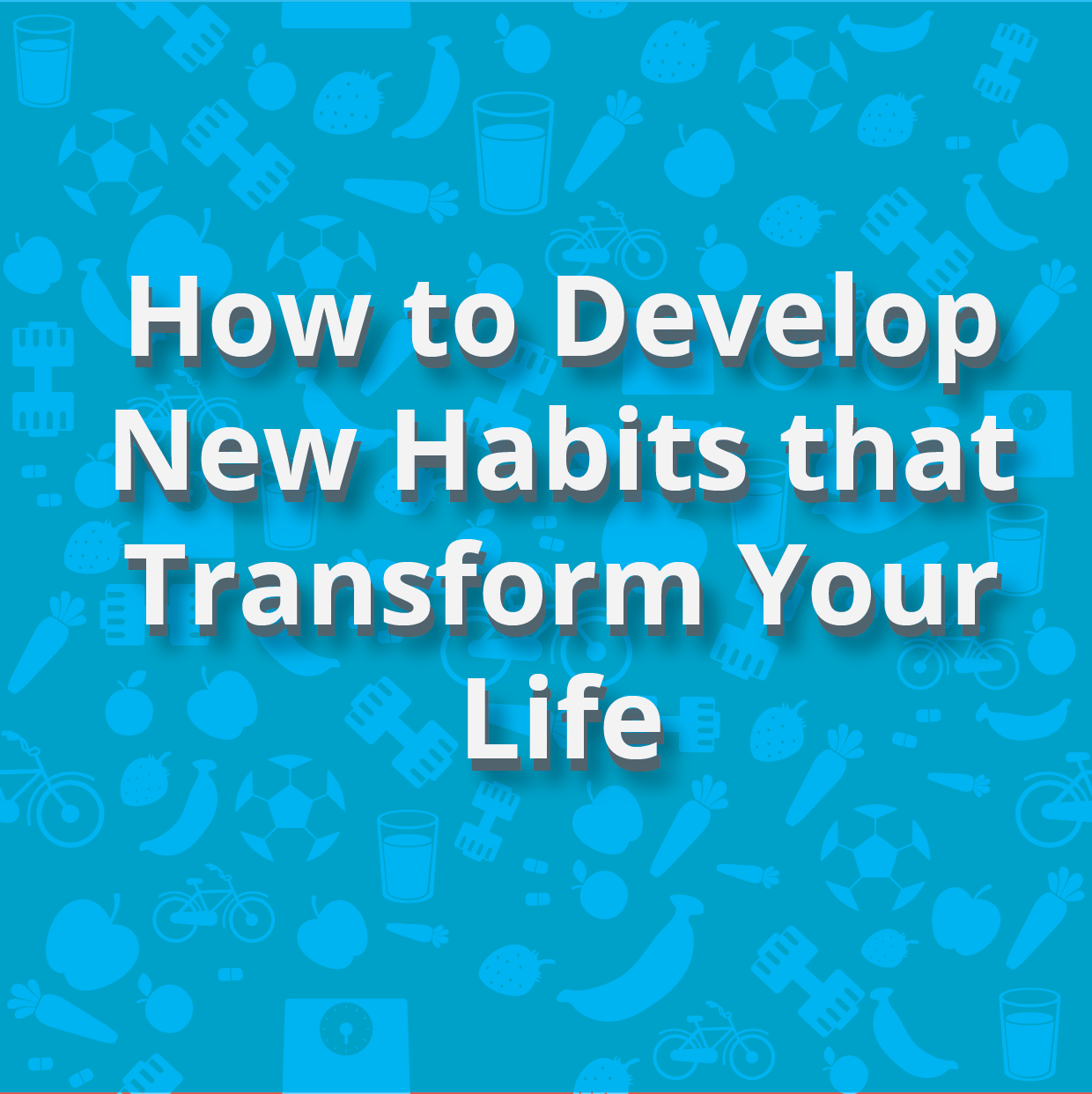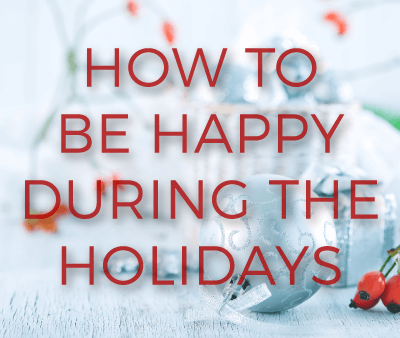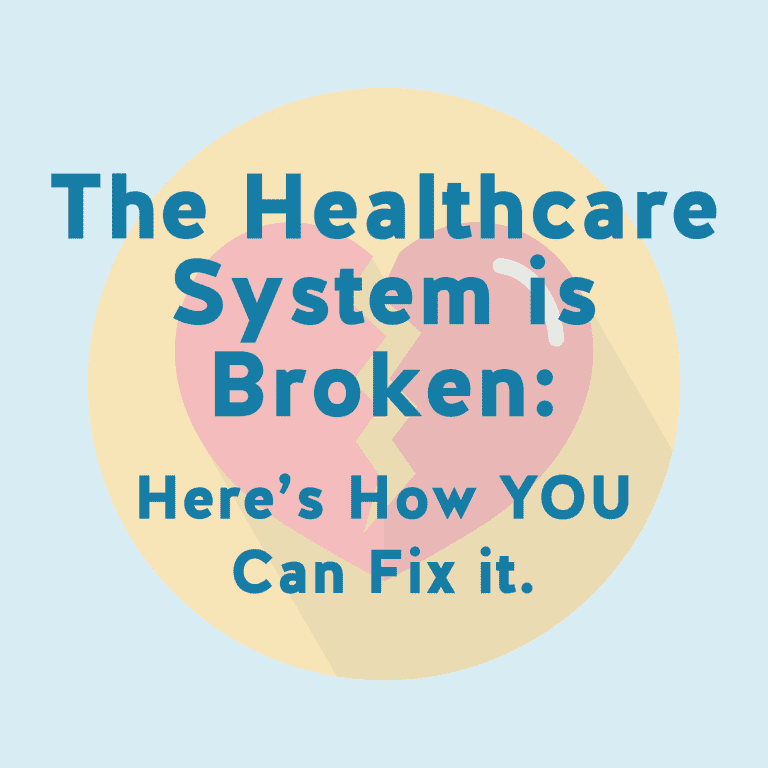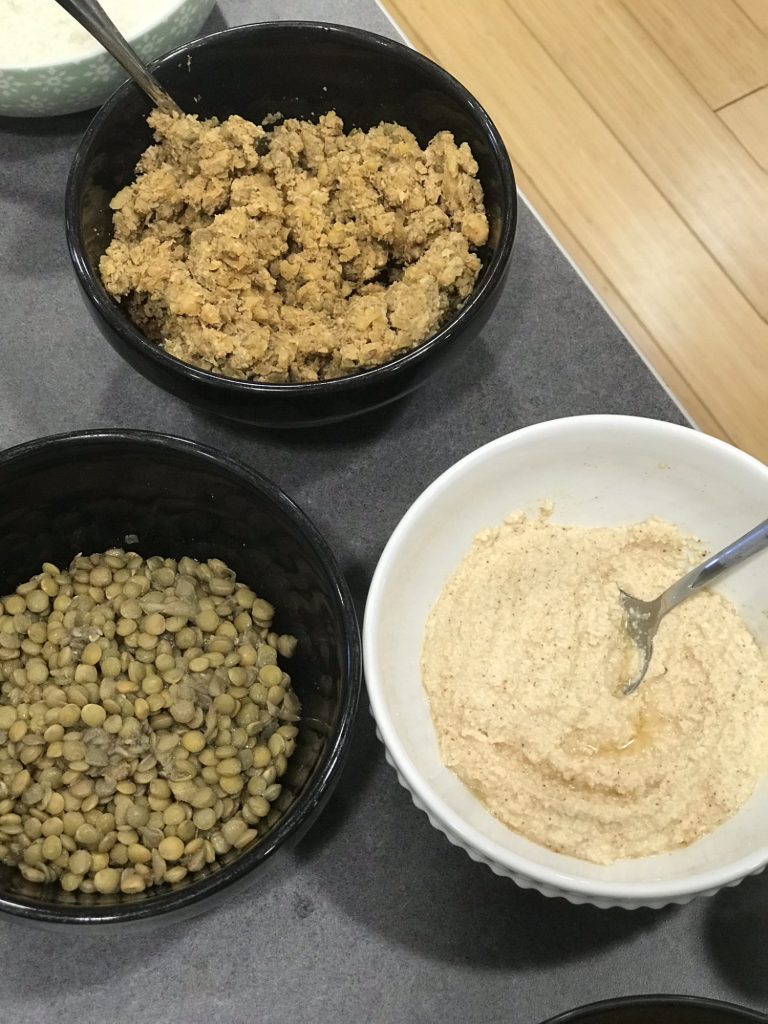How to Develop New Habits that Transform Your Life
By Michael Dangovian
August 23, 2016
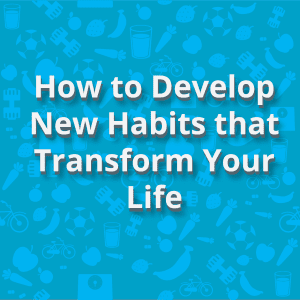
There seem to be a lot of things out there these days that can kill us: Pollution, global warming, terrorism, super-bacteria… the list is long.
But if you look at what really poses dangers for us, statistically speaking, it’s how we choose to live day-to-day.
According to the Center for Disease Control (CDC) the top five preventable killers in the United States are heart disease, cancer, lung disease (like emphysema and chronic bronchitis), stroke and unintentional correctly-prescribed medication overdoses.
Each of these don’t just happen to us out of the blue. Instead, they are often a result of our habits. Smoking, obesity, lack of exercise, a diet high in…well, garbage.
So it makes sense that one of the first things you’d want to do to get yourself healthy and stay there is change the habits that pose the most risk… and replace them with healthier ones.
But change is hard. Or, at least, it is if you don’t have the right information. You can’t take any steps toward forming new habits unless you know where to start.
At the Wellness Training Institute, we teach our members to begin at the beginning. Which is: Nutrition.

Why Nutrition?
What do you think of when you hear the word nutrition?
Most people’s minds jump straight to food. Which is true.
But that’s not the whole story.
Nutrition, at its most basic level, is defined as the act of getting sustenance from what’s around you. And it’s not limited to just food. Breathing, for instance, is nutrifying yourself with the things in the air that sustain you. Cultivating a sense of awareness around both your body and your environment works to nutrify your thoughts.
Before you begin figuring out how to replace your bad habits with good ones, you need to understand that everything you do for your health has to be a step toward nutrition.
Nutrition is about creating a relationship with the earth’s energy. It’s also about connecting with your own body.
What’s interesting about viewing your health in this way is that it makes it very clear that, within every moment, you are always either moving toward life or toward death. There is no middle ground. That kale leaf is a signpost toward life. That cigarette moves you three more inches towards death. There’s no such thing in life as stasis. Everything is moving, all the time, one way or the other.
When you learn to gain sustenance from gaining energy from the earth, from your food, your breath, even your thoughts, you are effectively choosing life over death with each passing second.
You don’t consciously choose to do this, or at least not all the time. Often, you make choices without even thinking about them.
What I’m talking about are, of course, habits.
Habits dictate whether you are working toward life or toward death.
Which brings up the question: How do you form the type of habits that can get you healthy and keep you there?
Here are three great suggestions to get you started:
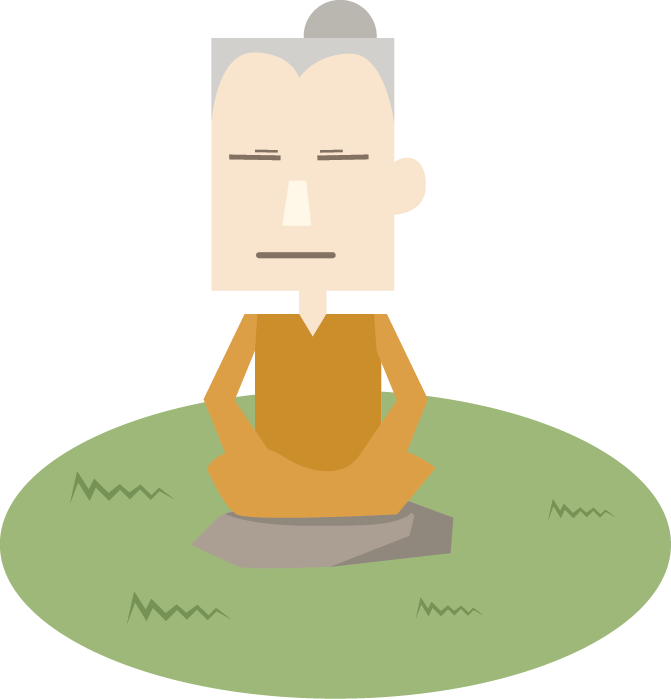
1. Awareness
One of the most valuable things you can do for your health is to create a sense of awareness. What this means, in its simplest form, is that you let the world quiet down around you and listen to what your body is telling you.
The reason for why this is important is simple: You don’t know what your habits are unless you take a little time and figure that out.
And you can’t identify the bad habits until you know what they are.
The best way to begin building this awareness is to start a journal. Write down what you do every day. Write down what you eat. Write down how the food makes you feel. Write down your thoughts. Start each day writing three things you’re grateful for in a gratitude journal.
This seems like a small, insignificant thing. But we’ve found that documenting what you do and how you’re feeling each day gets your mind right—and your thoughts nutrified—in ways that can’t be accomplished in any other way.
You’ll be amazed at how many things you do without even thinking about it.
You’ll also be amazed at how easy this habit is to form and how effective it is as a foundation for building better habits upon it.

2. Surround Yourself with Nutritious People
This is not a call to become a cannibal. I promise.
(You shouldn’t even be eating meat, let alone people meat.)
Instead, it’s the idea that negative people and toxic relationships can have a huge impact on your ability to start and maintain healthy habits.
Just like you would eliminate certain foods that might be wreaking havoc with your digestive system, in the same way you should put a little distance between friends, family members, and co-workers (to the point that that’s possible) for a little while. You’re not shunning them entirely and forever. Instead, you’re just giving yourself a little space to begin to let your emotions heal and seeking out more positive people to spend time with.
After a while, as with an elimination food diet, you can begin adding those negative people back into your life after you’ve gotten healthier.
And, who knows? Maybe some of your positive energy will spark a desire to change in them as well!

3. Find What Energizes You
One of the problems with starting out on a “diet” or trying to get healthy is that it can often feel like you’re reinventing the wheel. You’re eating different, strange food. You’re forcing your body to move in ways it’s not used to. You’re cutting out all the things that gave your life structure before and sort of flying blind.
The end result, as you’ve probably experienced, isn’t health. Instead, it’s frustration.
One of the ways you can prevent this from happening—and form some great habits along the way—is take a look at what you documented in the first step above, find what healthy actions you are already doing, and then just double down on them.
Chances are, those healthy habits are going to be things that you enjoy. If you eat a salad three times a week, start eating six instead. If you take a walk a few times a week, begin working a walk into your routine daily. If you find yourself vegging out in front of the TV every evening, take a half hour of that time to sit in silence and practice awareness.
The point is this: You don’t have to change everything all at once. In fact, you shouldn’t, because that’s not how we as humans are built. We have habits for a reason. The goal is always to maintain what’s good and then add more of that.
Health is not a baby-with-the-bathwater proposition. It’s gradual, deliberate, and—baby step by baby step—transformative.
I hope these three ideas for beginning to form healthy habits meets you where you are on your health journey. I also hope you’ll take them to heart.
Health isn’t an end goal. Instead it’s a path toward wholeness. And every little habit counts along the way.

